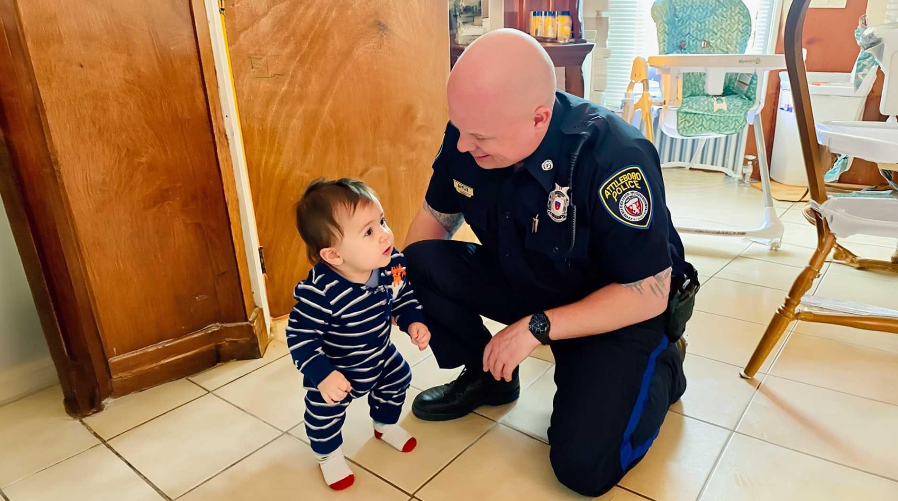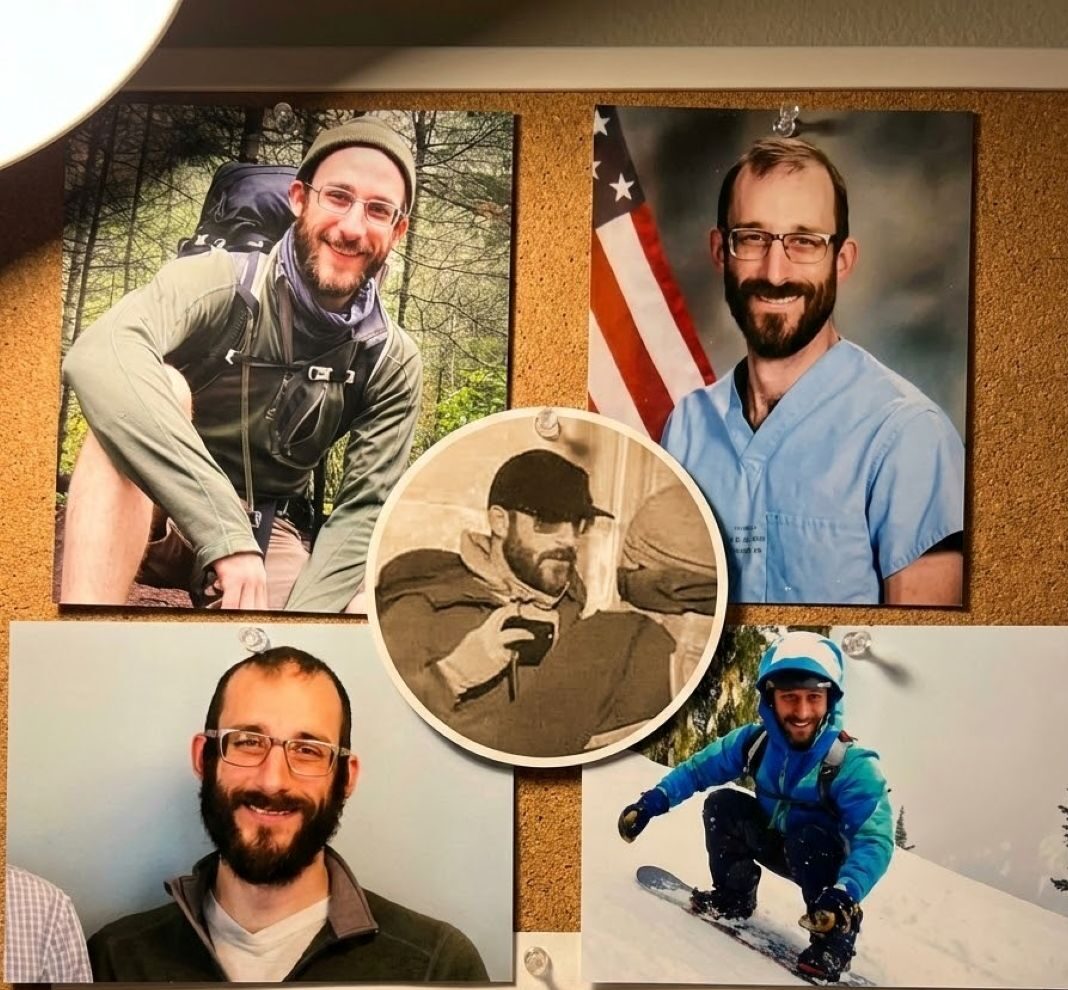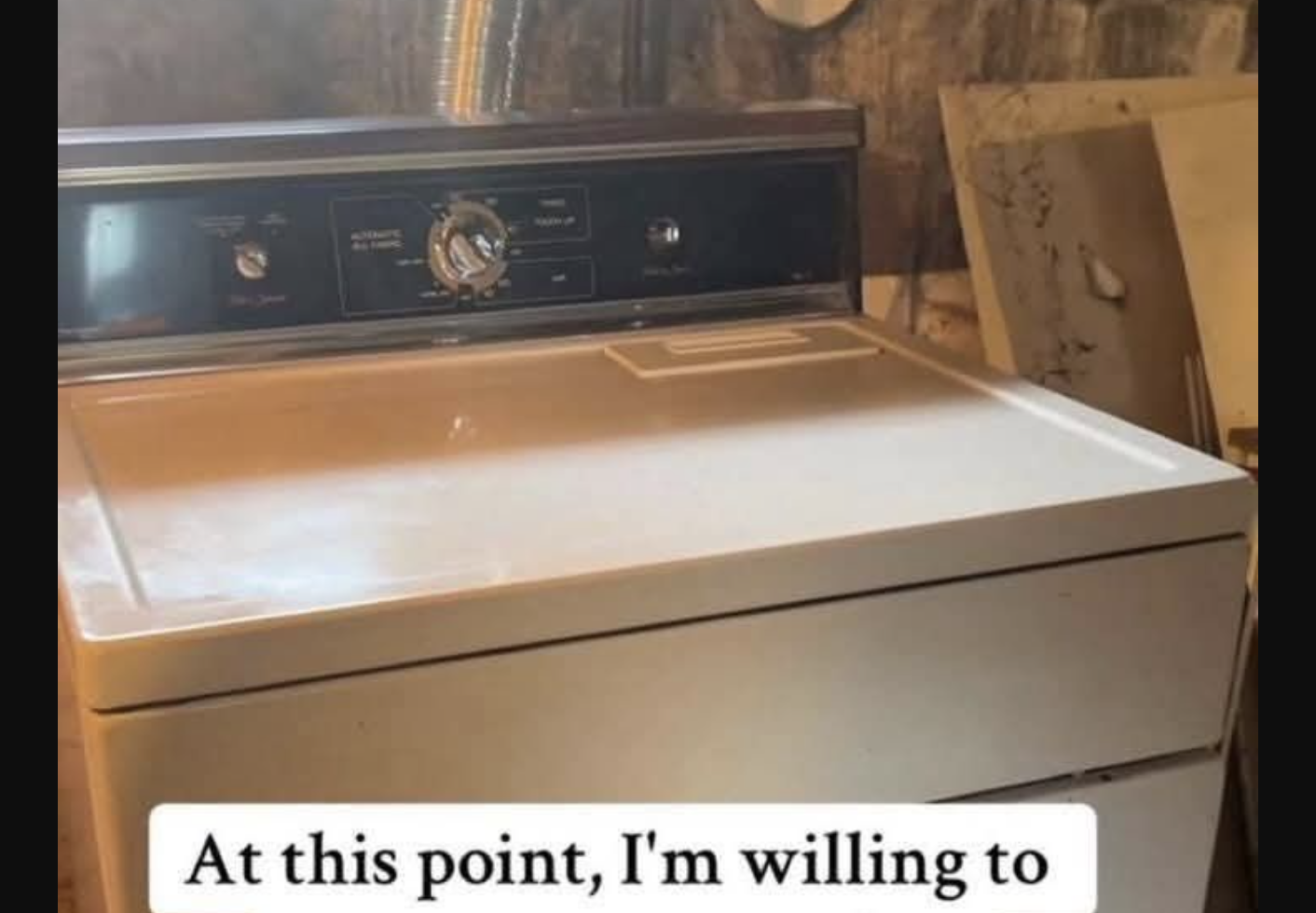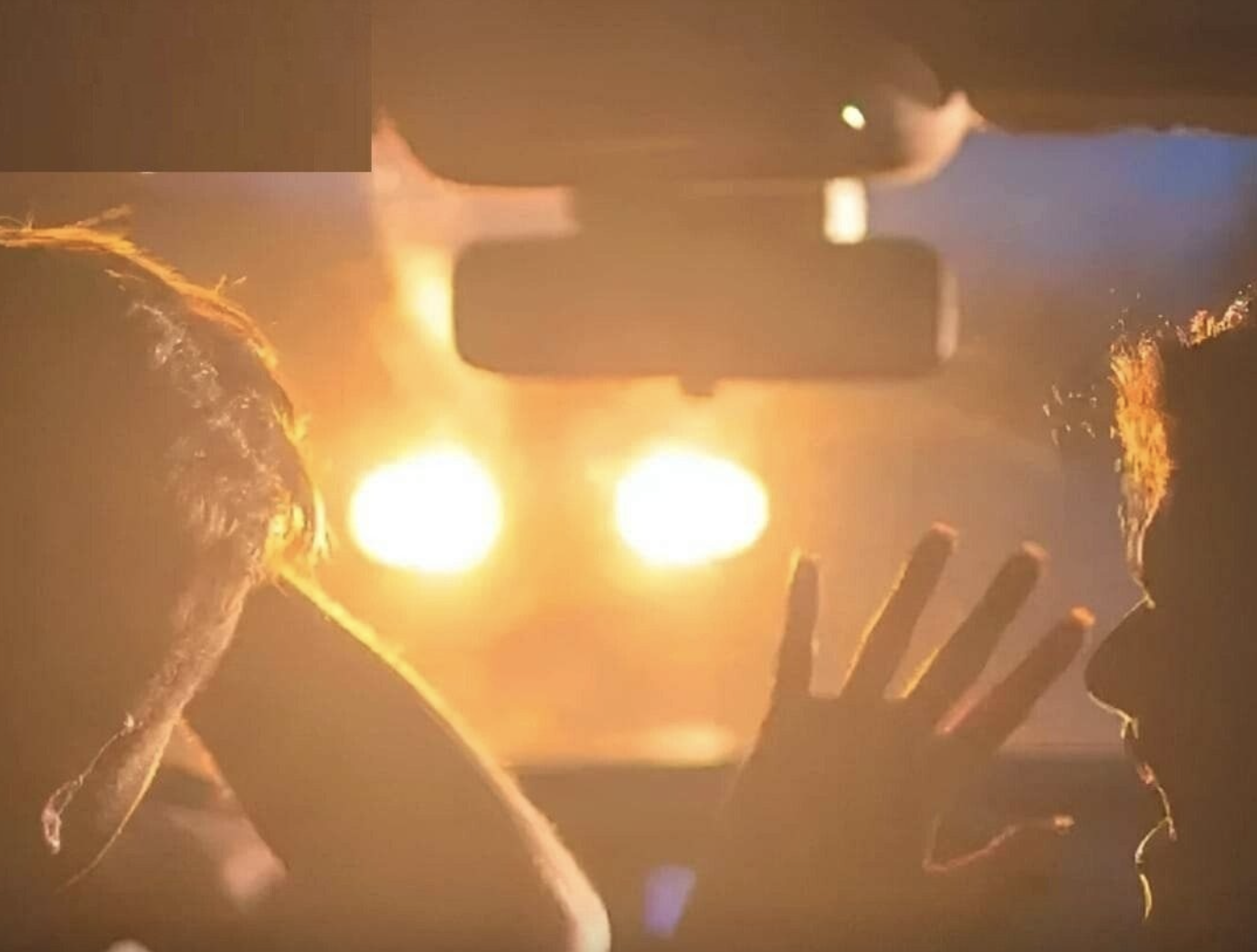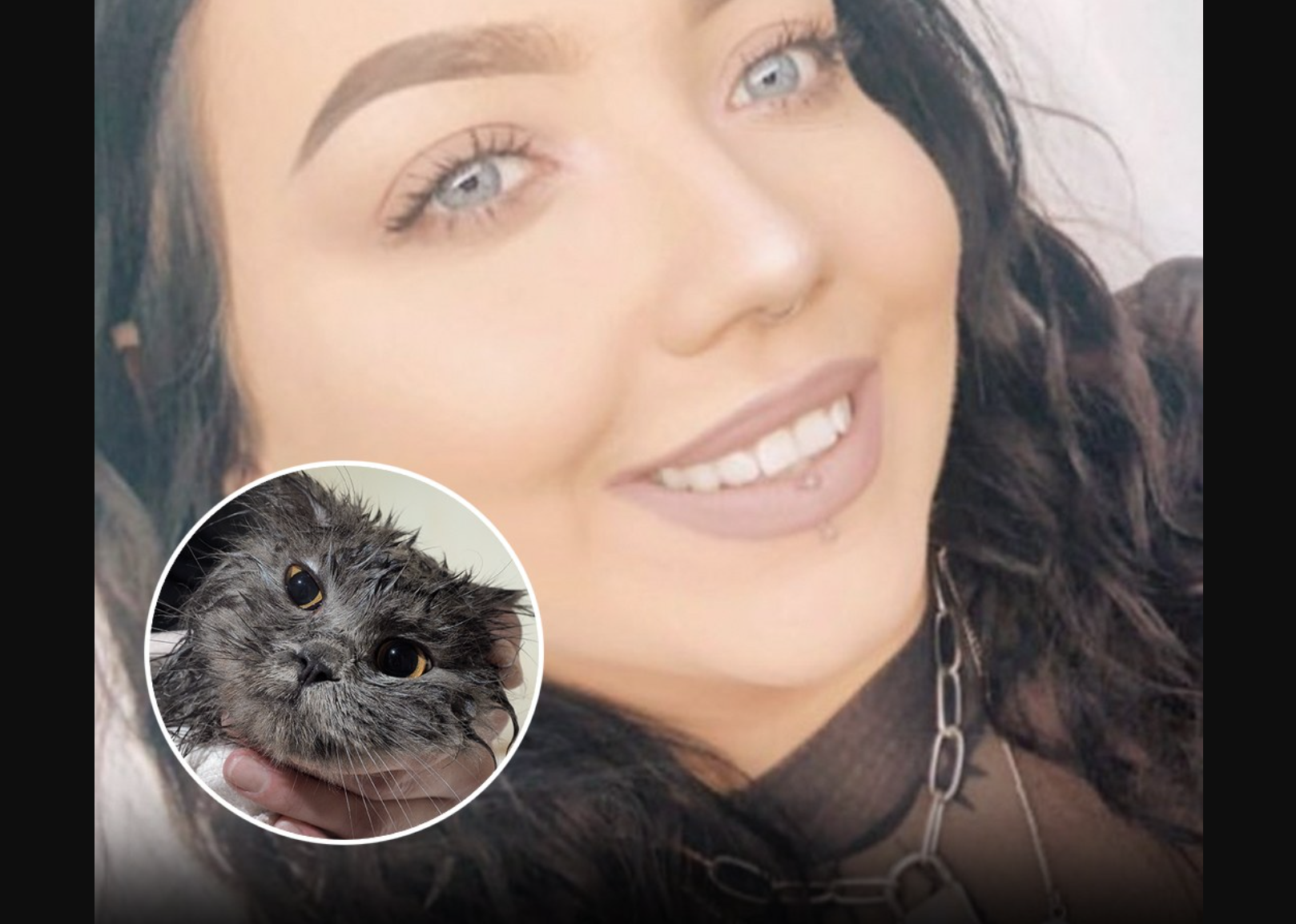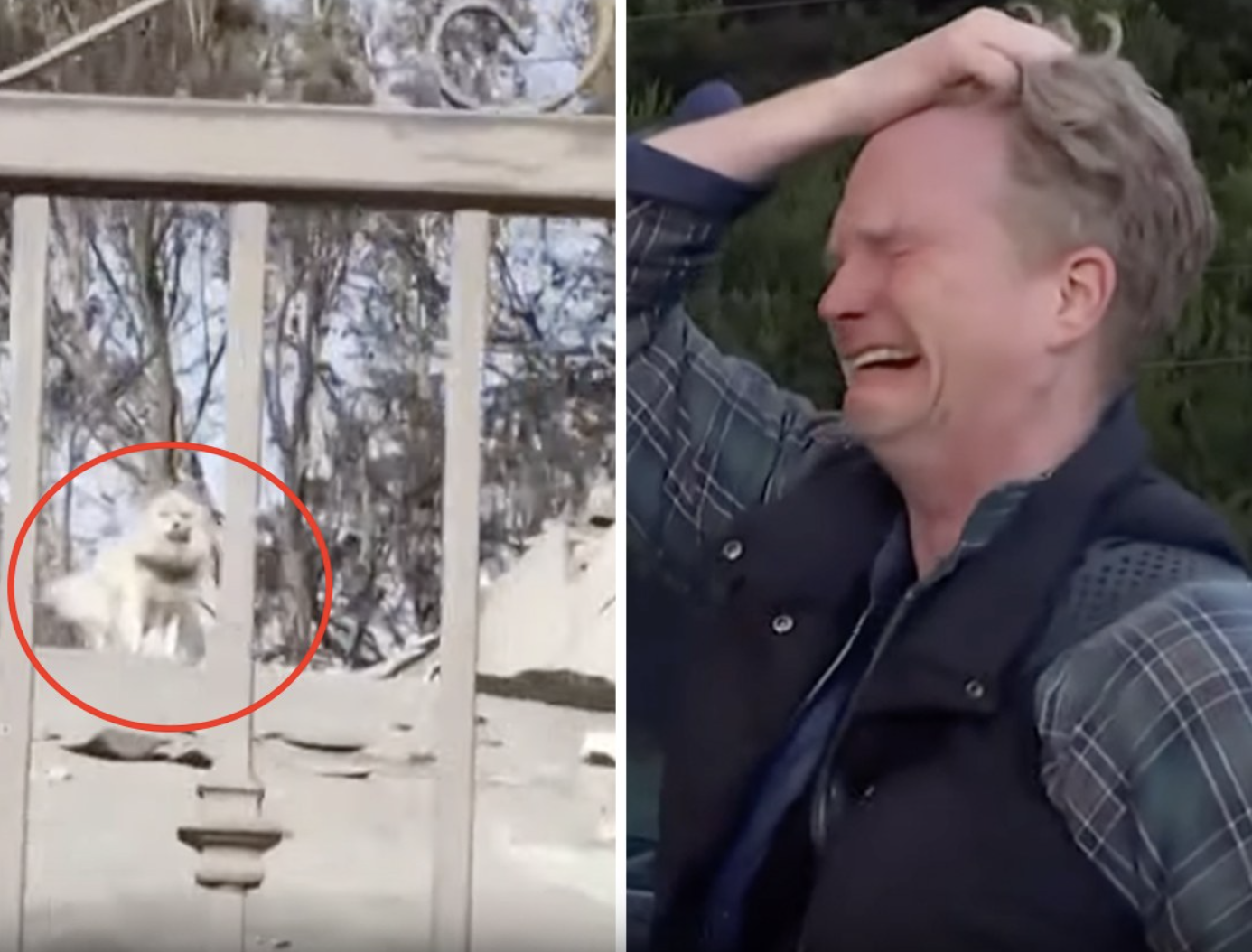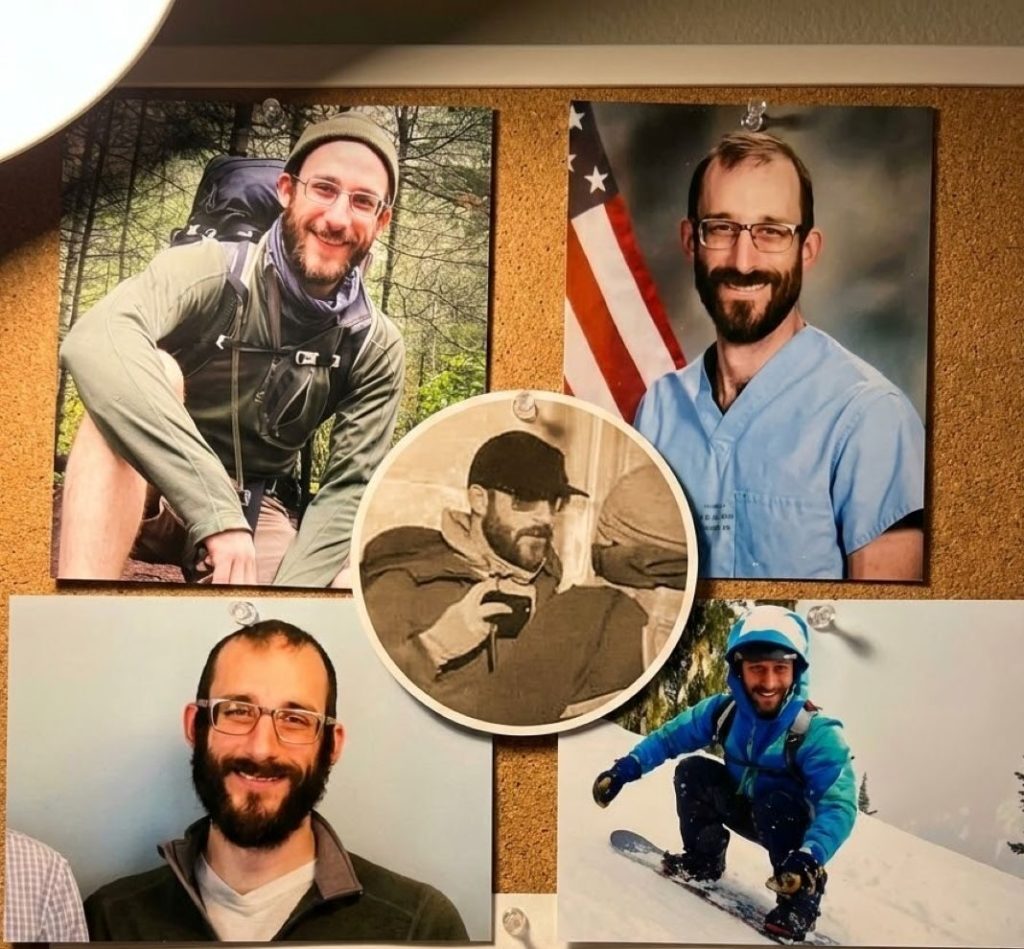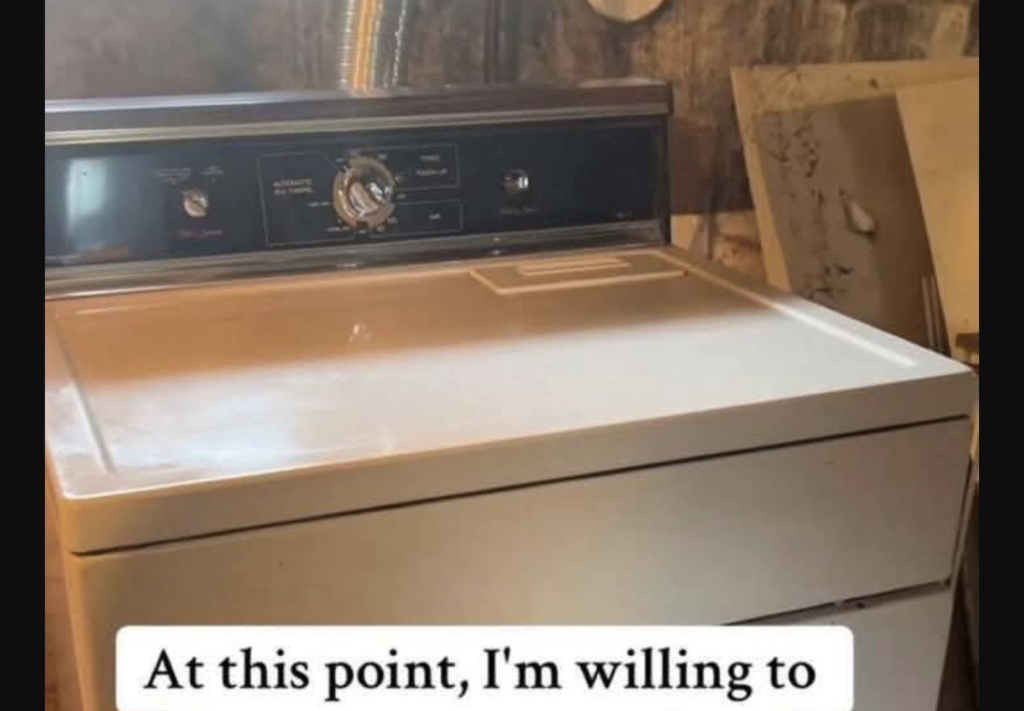I hadn’t planned to get entangled in anything serious. I was merely delivering a bag of old clothes to my friend Nadira’s house when I noticed a patrol car parked outside, its lights casting a soft glow. Her front door stood ajar, inviting curiosity. Initially, I wondered if someone had been injured, but then I saw the baby.
He stood confidently in the kitchen, swaying in his striped pajamas as if he were the master of the space. A gentle-voiced, bald officer knelt before him, asking tenderly, “Where’s your mom, little one?”
Silence filled the house, heavy and unbroken.
I edged closer and murmured, “That’s not Nadira’s child.”
The officer’s gaze snapped to me, his eyes sharpening. “Are you familiar with this family?”
I nodded, my pulse quickening. Nadira shares her home with her younger brother and occasionally babysits, but this child was unfamiliar to me. The officer’s expression suggested he was equally puzzled.
No wails or disorder disturbed the scene—only a strange, weighty calm. The baby appeared at ease, reaching for the officer’s hand with tiny, trusting fingers. That’s when I spotted a diaper bag tucked in the corner, alongside a bottle and a folded note partially hidden beneath the high chair’s tray.
The officer rose and spoke quietly into his radio, his words too soft to catch. Turning to me, he asked, “Is there a back entrance to this house?”
That question triggered a memory from a conversation with Nadira the previous week. She’d mentioned a distressed young woman who appeared at her door, asking for a favor she was sworn to keep private.
Suddenly, the pieces fell into place.
I paused, unsure whether to voice my thoughts. The officer’s gaze held not only suspicion but genuine concern.
“She mentioned a friend who needed help,” I said softly. “Someone with nowhere else to turn. Nadira didn’t share much, only that the girl was frightened. I assumed it might be a bad breakup or something minor.”
The officer glanced down the hallway. “Could that friend be the baby’s mother?”
I nodded slowly. “It’s likely. Nadira wouldn’t let a stranger stay in her home without a compelling reason.”
The baby settled onto the floor, happily chewing on a stuffed bunny’s ear. He looked well-cared for—clean clothes, fresh diaper—making the situation even more perplexing.
The officer explored the house while I stayed in the kitchen, entertaining the little one. He giggled and clapped at my silly faces, oblivious to the tension surrounding him.
When the officer returned, his expression was tense. “No signs of a struggle. No adults present. But someone has been staying here—there’s a purse in the bedroom, clothes in the hamper, and a makeup bag by the sink.”
“What about Nadira?” I asked, my concern growing. “She hasn’t responded to my messages.”
“We’ll sort that out,” he reassured. “For now, I need to involve Child Protective Services. If you can stay, your help in piecing this together would be valuable.”
I agreed, though unease churned within me. This was far from straightforward.
Soon, two more officers arrived, along with a CPS worker. She gently lifted the baby and began asking questions as we gathered in the living room. I shared everything I could recall—Nadira’s recent distraction, her mention of “keeping a secret,” and the fact that I’d never seen this child before.
The officer, Sergeant Collins, listened attentively, jotting notes without interrupting.
Then he asked, “Has Nadira ever mentioned being in trouble or helping someone in a dangerous situation?”
I frowned. “Not explicitly. But she’s always had a huge heart—like taking in stray cats. She can’t stand seeing anyone suffer. If someone was in pain, she’d step in.”
Then came another revelation.
An officer presented the note found beneath the high chair. It was creased, slightly smudged, but readable, written in hurried, uneven script:
“I’m sorry. I have nowhere else to go. Please keep him safe. I can’t stay. I’ll return when it’s safe. Don’t tell anyone. Please, Nadira.”
I read it repeatedly, letting the words sink in.
The CPS worker’s face grew somber. “This suggests someone escaping domestic violence. If she’s in danger and now missing, we must act swiftly.”
Sergeant Collins asked if I’d accompany them to the station to provide a formal statement. I agreed, though my mind reeled. Only yesterday, Nadira and I had discussed weekend plans. Now, a mysterious baby and a desperate note had upended everything.
The next few hours passed in a haze of questions and paperwork. The baby was placed in temporary foster care, with the CPS worker assuring me it was only until they located his mother.
Nadira remained unaccounted for.
Two days later, while I was at work, my phone rang with an unknown number. I stepped into the alley to answer.
“Alina?” a hoarse, frightened voice said. “It’s Nadira.”
I nearly dropped the phone. “Where are you? Are you safe?”
“I don’t have long,” she said. “I saw the news—police at my house, the baby…”
“He’s safe,” I assured her. “He’s okay. But where are you? Everyone’s worried.”
After a long pause, she whispered, “I had to run. He found me again—the baby’s father. He’s dangerous, Alina. I tried to leave quietly, but he was watching my house.”
My heart sank. “Why didn’t you tell me?”
“I thought I could manage it,” she said, her voice breaking. “I thought I could protect her. But when she left the baby and fled, I panicked. I went after her and have been hiding since. I think she’s hurt.”
I gripped the phone tightly. “You need to come back. Talk to the police. They can help.”
She gave a bitter laugh. “You really think so?”
“I do,” I insisted. “I told them you’d never harm anyone. They’re not after you—they want to find the baby’s mom and keep you safe.”
Her tone softened, as if my words had reached her. “Do you think they’d believe me?”
“I know they would. Sergeant Collins is fair. He’s not here to arrest you—he wants answers. Come in.”
After another pause, she whispered, “Okay. But I want you there when I do.”
We agreed to meet the next morning outside the station. When I saw her, she was unrecognizable—wearing a baggy hoodie, her face pale, a bruise on her jaw that twisted my stomach.
She turned herself in, and to my relief, the officers treated her calmly, without handcuffs or harsh words. Collins assured me they’d take her statement and arrange protective housing.
Nadira’s story checked out. The girl, Meesha, had been hiding from an abusive partner wanted for multiple assaults. She left her baby with Nadira when cornered by one of his associates. Nadira pursued her but lost her in the chaos.
Police later found Meesha in a hospital two counties away, badly injured but alive. Her abuser was apprehended during a traffic stop a week later, facing charges.
When Meesha recovered, she reunited with her son. Nadira faced no charges and was quietly praised for her courage, though she shunned the spotlight.
“I couldn’t let that baby grow up in fear,” she told me one afternoon over coffee, her eyes misty. “Seeing what that man did… I’d do it all again.”
Nadira still had healing ahead. She moved in with her aunt and enrolled in self-defense classes. Meesha kept in touch, living in a shelter dedicated to rebuilding families after domestic violence.
The baby, Elias, is now two. Every Christmas, Nadira receives a photo card of him, his smile so wide it hides his eyes. The latest showed him clutching a teddy bear Nadira bought during that tumultuous week.
I often reflect on how differently this could have unfolded. If I hadn’t stopped by with those clothes. If Nadira hadn’t followed her heart. If Elias had fallen into the wrong hands.
Yet compassion prevailed. In the chaos of daily life, we sometimes overlook the power of doing what’s right, even when it’s daunting. A single act of kindness can shift everything.
If you ever feel that quiet urge to help someone in need, listen to it.
It might be the one thing standing between harm and hope.
Thank you for reading. If this story touched you, please like and share it. You never know who might need its message today.
